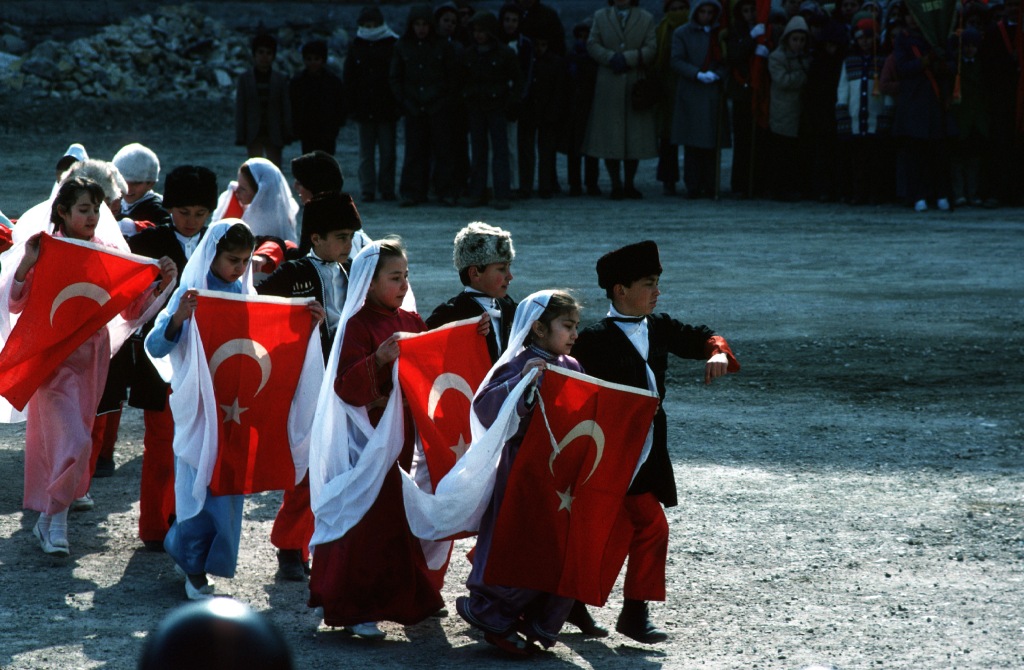NANCY LINDISFARNE writes:
There were two huge Gaza demonstrations in London in October, and after the enormous one in early November, 2023, I started wearing my Palestinian kefiya scarf or my big Free Palestine badge, or both, whenever I went out.
The first day after the demo I walked to our local shops and on the way, my favourite homeless person, Simon, stood up, hugged me and said, ‘We Can’t Let Them Get Us Down’.
I was surprised and deeply touched. I’m white, Simon is black. Neither of us is Palestinian, nor Muslim, nor are either of us from the Middle East. But he’d seen my badge and completely got it. His hug was about solidarity, about empathy and about understanding that ‘There but for the grace of god, go I’.
It was an important moment for me, but things since then have been very strange.
Four months on, where ever I’ve been in London, or around southern England, I see that the only person on the street who is wearing a kafiyeh or a Free Palestinian badge is me.
I remember the intifada that started in 1987 and went on for six years. Then, lots and lots of people, on the streets, and at work, signalled their support. But not now. Not this time round.
And yet – yet – an opinion poll in the UK back in December said that 71% of the population supported a ceasefire, 12% were against a ceasefire, and 18% were undecided. That was already a large majority for a ceasefire and a ceasefire now.
Two months on, at the end of January, the International Court of Justice at the Hague ordered Israel to comply with a range of humanitarian measures or risk a verdict of genocide. And as people watch the continuing horror in real time on their phones, they have become fiercer in their anger and filled with disgust at the equivocation and hypocrisy of politicians on both sides of the political divide.
So why am I the only person signalling this when I walk out to the shops in January?
Continue reading →



















